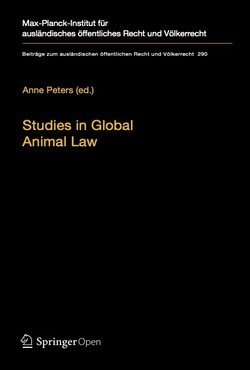By Allan Thornton, et al.
A report into how the first CITES-approved ivory sale led to an increase in elephant poaching.
In 1997, CITES Parties voted to down-list the elephant populations of Botswana, Namibia and Zimbabwe, followed swiftly by a supposedly one-time only sale in 1999 of stockpiled ivory to Japan.
This report provides documentation of the resulting soaring rates across the African continent, despite the predictions of ‘experts’ that such a sale would satiate the market.
London: Environmental Investigation Agency (EIA), 2020. 36p.




